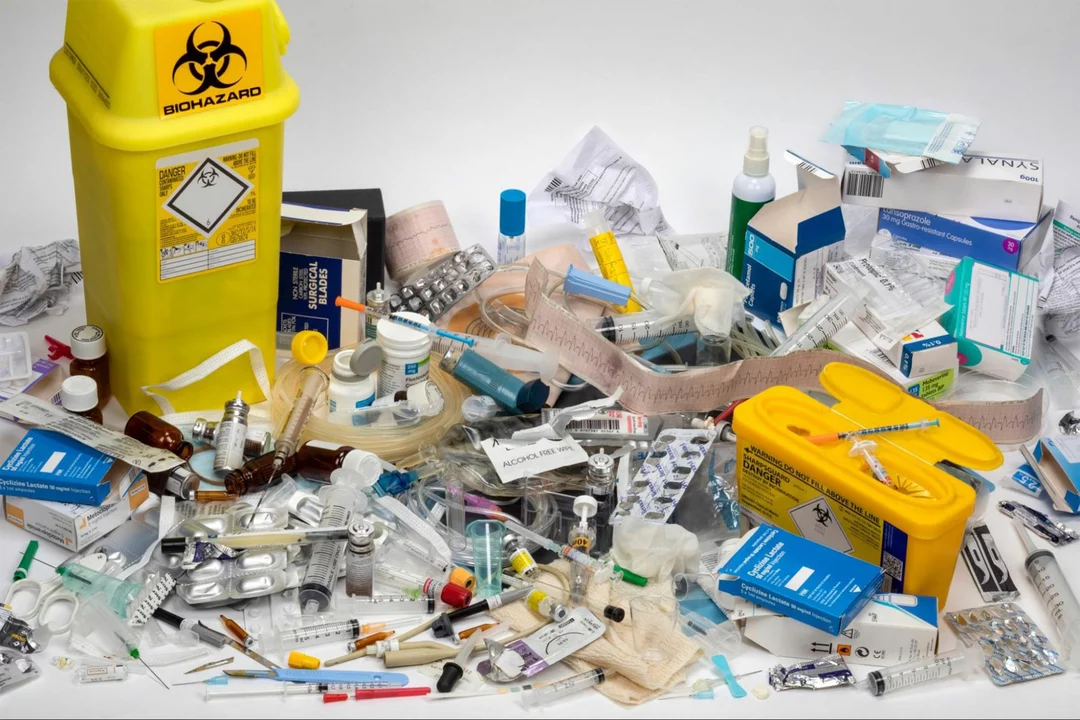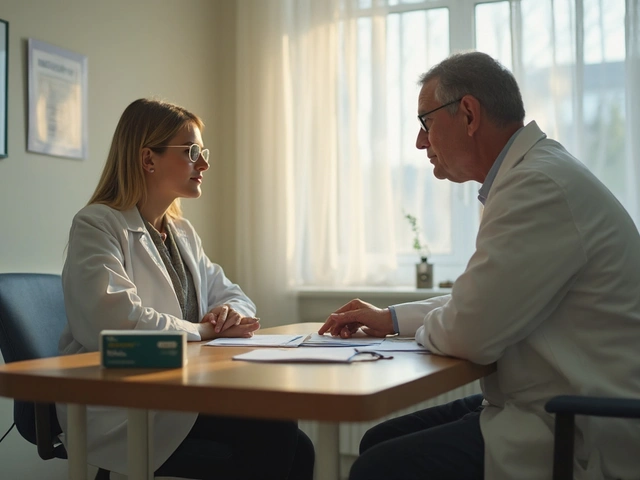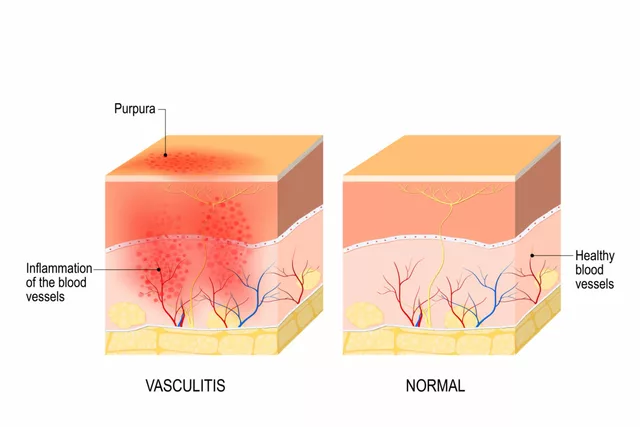Safety Tips for Buying Meds Online and Finding Reliable Health Info
If you’ve ever wondered whether a website selling prescription drugs is legit, you’re not alone. Scams are everywhere, but the good news is you can protect yourself with just a few easy checks. Below we break down exactly what to look for when you shop for meds online and how to tell if health advice on the web is trustworthy.
How to Buy Medications Safely Online
First, make sure the pharmacy has a physical address and a real phone number. A quick Google search of the address should show a legitimate business, not just a blank page. Look for a licensed pharmacist’s name – most reputable sites list this somewhere on their "About Us" or contact page.
Second, check for certifications. In the U.S., a safe online pharmacy will display a VIPPS seal (Verified Internet Pharmacy Practice Sites) or a similar accreditation from your country’s health authority. If you can’t find any badge, treat the site with suspicion.
Third, compare prices. Extremely low prices are a red flag. While discounts exist, a price that looks too good to be true usually means counterfeit drugs. Use a price‑comparison tool or look up the average cost of the medication on reputable sites.
Fourth, protect your payment info. Only use credit cards or secure payment services that offer fraud protection. Avoid wire transfers, Bitcoin, or prepaid cards – scammers love those because they’re hard to trace.
Finally, read the pharmacy’s privacy and return policies. A trustworthy site will explain how it handles personal data and what you can do if a medication arrives damaged or isn’t right for you.
Spotting Credible Medical Advice
Finding solid health information online is just as important as buying meds safely. Start by checking the author’s credentials. Articles written by doctors, pharmacists, or certified nurses carry more weight than anonymous blogs.
Next, look for references. Good articles link to studies, official guidelines, or reputable sources like the CDC, WHO, or peer‑reviewed journals. If a piece just makes bold claims without backing them up, move on.
Watch out for sensational headlines that promise miracle cures. Real medical advice will be balanced – it’ll mention benefits, risks, and side effects. If you see phrases like "cure all" or "no side effects ever," it’s likely clickbait.
Check the website’s domain. Government sites end in .gov, educational institutions use .edu, and major health organizations often have .org. Commercial sites (.com) aren’t bad, but they may have hidden ads or product pushes.
Finally, trust your gut. If something feels off, search for the same info on another reputable site. Consistency across sources is a good sign you’re looking at accurate data.
By following these simple steps, you can shop for prescription meds online without risking counterfeit products and you can read health articles with confidence. Stay alert, ask questions, and remember that safety starts with a few quick checks – not hours of digging.











